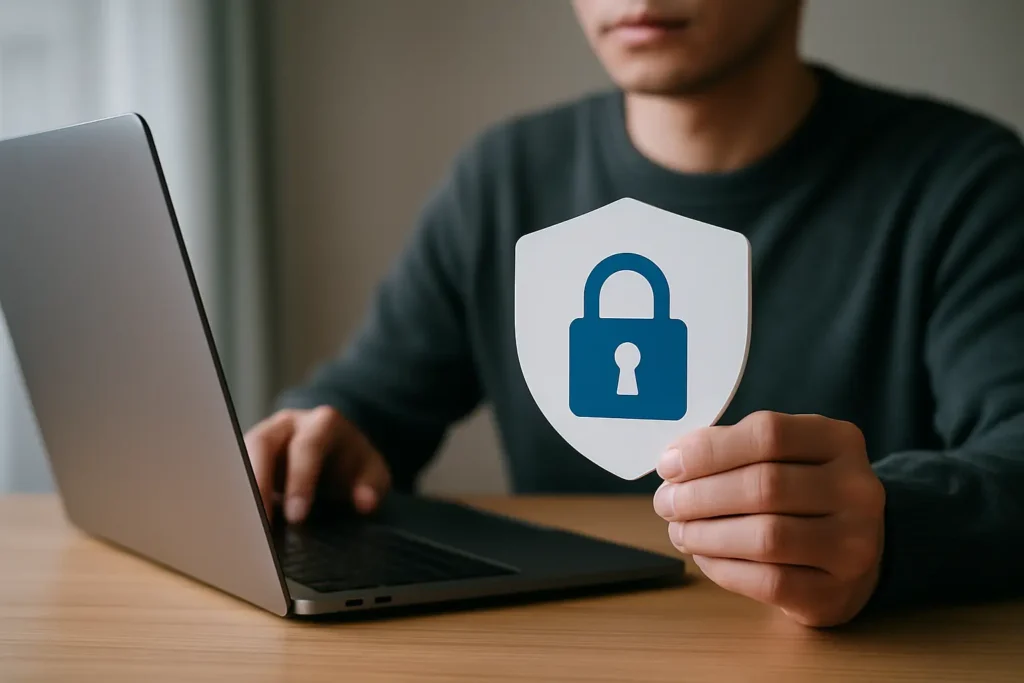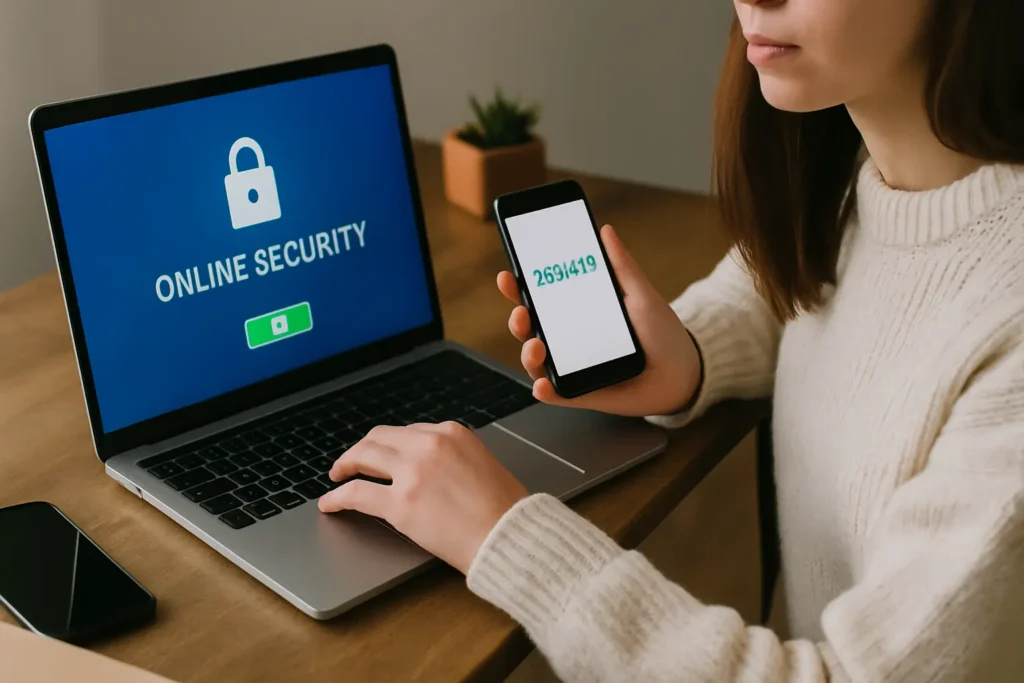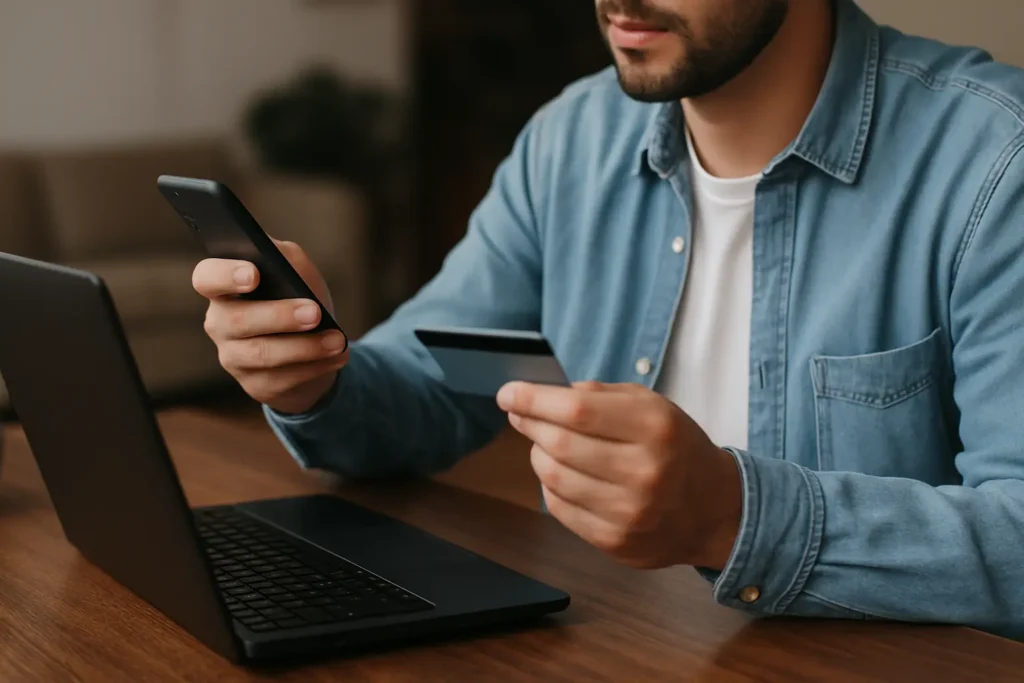In today’s digital world, your personal data is constantly at risk. From social media and email to online banking and shopping, the more connected you are, the more vulnerable your identity becomes.
Whether you’re a casual user or a digital professional, here are smart and actionable ways to protect your data and identity online in Twenty-Twenty Five.
1. Use Strong, Unique Passwords
Avoid reusing the same password across multiple websites. If one account gets hacked, the rest are at risk.
✅ Tip: Use password managers like Bitwarden, 1Password, or LastPass to create and store strong, unique passwords.
2. Enable Two-Factor Authentication (2FA)
2FA adds an extra layer of security by requiring a second code when logging in — usually from an app or device.
✅ Best practice: Use apps like Google Authenticator or Authy. Avoid SMS-based 2FA when possible to reduce the risk of SIM swapping.
3. Be Careful What You Share on Social Media
Hackers gather personal details from public profiles to bypass security questions or guess passwords.
✅ Tip: Keep your profiles private and avoid sharing sensitive information like birthdays, hometowns, or pet names.
4. Avoid Phishing Scams
Phishing emails and messages trick users into clicking dangerous links or giving away personal information.
✅ How to spot them: Look for typos, suspicious email addresses, or urgent messages asking you to take immediate action. Never click unknown links.
5. Use a Secure and Updated Device
Outdated devices are more vulnerable to cyberattacks.
✅ Tip: Regularly install updates, use antivirus software, and avoid jailbreaking or rooting your device.
6. Avoid Public Wi-Fi for Sensitive Activities
Hackers can intercept data over unsecured networks.
✅ Solution: Use a reliable VPN (Virtual Private Network) when using public Wi-Fi to encrypt your online activity.
7. Monitor Your Accounts and Credit Reports
Regular checks can help you detect unauthorized access early.
✅ Bonus: Enable login alerts, and consider using identity monitoring services or free alerts from your bank or credit agency.
8. Be Mindful of App Permissions
Many apps ask for more access than they need.
✅ Tip: Review app permissions regularly in your phone settings. Only grant access to features the app genuinely requires.
9. Secure Your Email – It’s Your Digital Key
Your email is often the gateway to all your other accounts.
✅ Tip: Use a strong password and 2FA for your primary email. Consider using a separate, private email for financial and critical services.
Final Thoughts
Your personal data is one of your most valuable assets. Simple steps — like enabling 2FA or avoiding sketchy links — can protect you from serious threats.
In this digital age, privacy and protection start with awareness. Stay informed, stay cautious, and stay safe.



